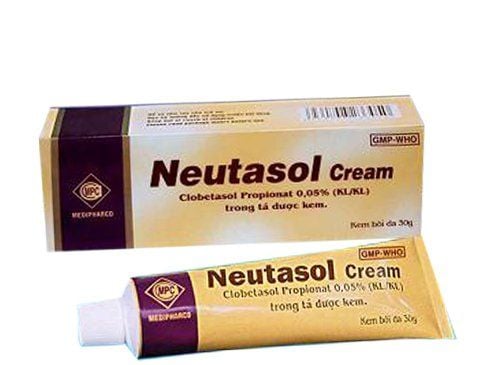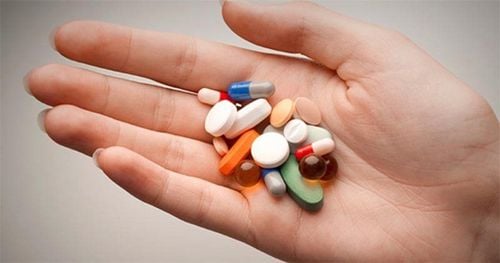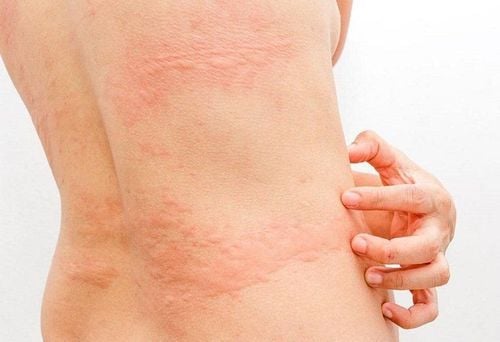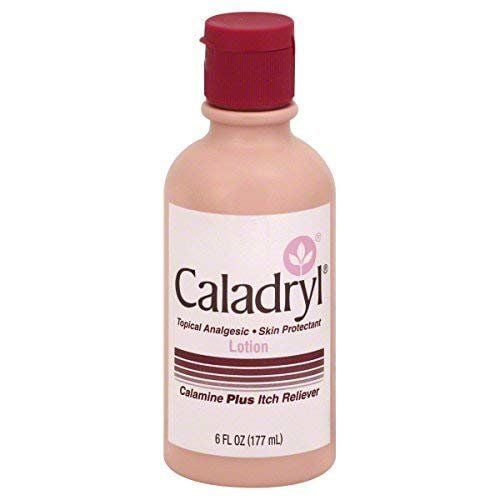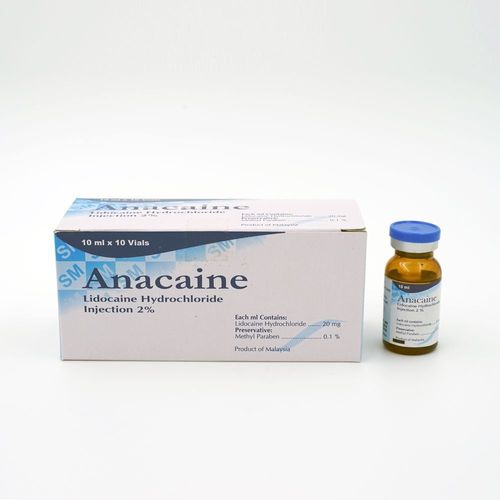This is an automatically translated article.
Sensation of itchy skin causes discomfort, discomfort, affects sleep and reduces the patient's quality of life. If not treated properly, it can lead to inflammation, spreading throughout the body. So is there any way to reduce itching when having any allergies?
1. Causes of itchiness
On the skin, there is a non-specific immune barrier that helps protect the body against viruses, bacteria, parasites, etc. When there is contact with an allergen, cells of the immune barrier trigger a protective response that causes the skin to become inflamed, which in turn can cause itching. Itching is a skin irritation phenomenon that makes the patient want to scratch the itchy area. Causes of itchy skin such as allergies, dry skin, neurodermatitis, scabies, pathologies, such as diabetes, HIV/AIDS, kidney failure, cirrhosis, ... In which, itchy skin due to allergies ( drugs, weather, ...) are common.
Itching can occur at any age, but some people are at higher risk such as the elderly, diabetics, pregnant women, people with seasonal allergies, bronchial asthma, eczema, HIV/ AIDS, cancer, ...
2. Treatments for itching
2.1. Non-drug method Scratching is one of the ways to relieve itching when allergic that most patients use. However, scratching further irritates the skin and aggravates the itch. Therefore, it is necessary to limit scratching the itchy skin.
In addition, patients need to cut their nails short and wear loose, airy clothes. When bathing, do not use hot water, do not use soaps, shower gels, shampoos that irritate the skin or cause allergies as well as cosmetics containing colorants and fragrances.
At the same time, keep the indoor air moist to limit drying of the skin, so keep the indoor temperature suitable. The way to relieve itching from allergies is as simple as applying ice or cool water to the itchy skin or applying menthol to cool it.
2.2. Method of drug use Topical drugs: used in cases of localized skin itching such as insect bites, erythema, ... Some commonly used drugs such as antihistamines (Mepyramine, diphenhydramine). In particular, diphenhydramine is often used as an effective way to relieve itching when allergic. In addition, anesthetics such as benzocaine, lidocaine, or tetracaine are also used to relieve itching. However, long-term and widespread use should be avoided because these drugs can cause adverse effects such as arrhythmia, ...
Oral drugs: are often used in cases where patients have diffuse itching or Unresponsive to topical treatment. A common way to relieve itching when having allergies is using antihistamines (cetirizine, chlorphenamine, cimetidine, loratadine, hydroxyzine, ranitidine, ..), doxepin, mirtazapine, ondansetron, paroxetine, ...
Note:
Use only medication for itching when prescribed by a doctor, do not arbitrarily use the drug. Follow instructions on dosage, route of administration, and duration of medication. Do not apply the medicine on a large scale or overdo it with the topical form. When applying, avoid contact with eyes, nose, mouth and ears.
3. Diet when itchy skin
In addition to using ways to reduce itching when having an allergy such as taking medicine and not taking medicine, eating is also one of the things that patients need to pay attention to.
Patients should avoid the following foods to relieve itching:
Seafood Milk and dairy products such as yogurt, butter, ice cream, cheese ... contain high levels of vitamin D, protein, calcium, ... are substances that stimulate sebum secretion on the skin. Therefore, making the wound heal longer, increasing the rate of inflammation recurrence. Fat: the way to reduce itching when you have allergies is to limit the use of saturated fats. Sweet foods such as confectionery, milk tea, ... Hot spicy foods, stimulants Fermented foods Alcoholic beverages and stimulants such as alcohol, coffee, .. What to eat when itchy skin?
Vegetables and fruits Pork Whole grains Drink lots of water to help keep skin moist, avoiding dry skin. In addition, water helps to detoxify the body, making the skin stretchy. Besides, to reduce skin itching, you should not stay up late, get enough sleep (7 - 8 hours/day), exercise to increase resistance, avoid stress, regularly clean the bedroom, wash the blankets, etc. .. If the above methods have been applied, but the skin itching has not improved much, the patient should go to the medical facility to be checked for appropriate indications.
Please dial HOTLINE for more information or register for an appointment HERE. Download MyVinmec app to make appointments faster and to manage your bookings easily.




